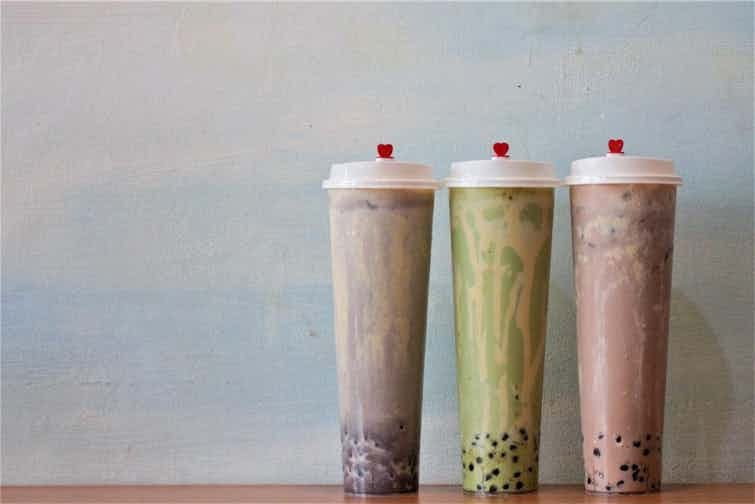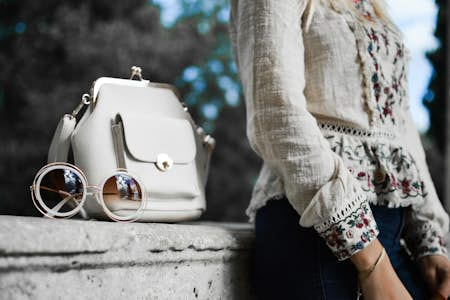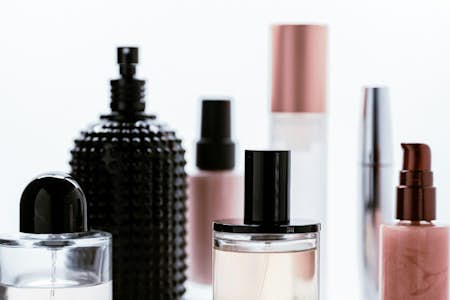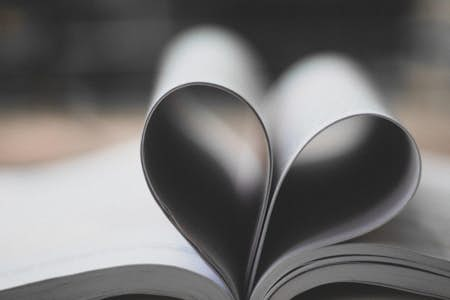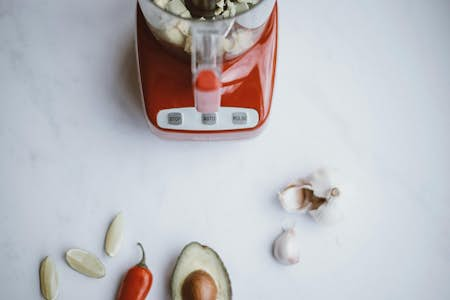If your idea of a perfect cup of tea usually involves a tea bag or some tea leaves brewed in a pot and served with a healthy dose of milk and sugar in your favorite mug, then you may not have sampled all that bubble tea has to offer. The popular drink enjoyed across Asia since the 80s can be served hot or cold. While it is traditionally made with tea and milk, it can also include some fruit or fruit juice before being thoroughly blended and topped up with some tapioca pearls and extra goodies.
There are even versions of the drink that don’t include tea and are instead made with taro milk, strawberry milk, or even coffee. While these aren’t technically bubble tea, they’re still pretty refreshing!
So, is it just a fancy tea?
Given that it has tea as its base, you’d be forgiven for thinking bubble tea (also known as boba milk tea or pearl milk tea) is just a dressed-up version of tea, yet the drink itself is actually quite unique. While bubble tea usually begins with some well-brewed tea, it also contains added extras that you wouldn’t expect to find.
Some popular varieties of tea used in bubble tea include black tea, green tea, Assam, oolong tea, and even Earl Grey. The bit that makes bubble tea special is adding tea flavors and toppings that can be tailored to suit your personal taste.
Add a little flavor
One of the most popular additions to a good cup of bubble tea are chewy tapioca pearls. These little balls of goodness are made from cassava roots and are often spooned into the cup to add a bit of a bite to your beverage. If you’re feeling adventurous, try some grass jelly, a traditional sweet and chewy jelly cube found in Asian desserts. Popping boba is also a staple of the bubble tea drink. As their name suggests, these are little balls filled with fruit flavors such as lychee, honeydew, and passionfruit that pop as you chew them.
Is milk added to bubble tea?
In many versions of the drink, yes, it is. Classic bubble tea uses whole milk for added creaminess, but any milk could be added to suit your tastes and health requirements. Soy milk is a popular addition, as is oat milk, almond milk, and even condensed milk if you’re looking for that extra sweetness. If none of these options sound good, then a creamer can be added to give you that milky hit. But fear not, if you don’t like milk or you can’t drink it for health reasons, there are plenty of boba drink options that don’t include it at all. We’ll look at these later when we explore some tasty recipes you can try at home.
All things sweet
Along with milk, traditional Taiwanese versions of bubble tea often contain some added sweetness. Depending on your preference, this can be white sugar, brown sugar, sweetener, or even simple syrup. If your drink has a fruit tea base that’s already sweet to begin with, then the level of added sugar can be adjusted to your preference. And, of course, if added sweetness isn’t your thing, it can be entirely left out. So, with all this sweetness in mind, you may wonder just how healthy bubble tea is. Read on to find out…
Is bubble tea a healthy choice?
As with many food and drink choices, bubble tea can be as healthy or not quite as healthy as you choose. Making it yourself means you have more control over the quality and quantity of the ingredients. Still, as with most things, moderation is key, and if the odd cup from your favorite bubble tea shop is something you enjoy as an occasional treat, then go for it! That being said, let’s explore how you can ensure your bubble tea is as healthy as it can be, starting with the potentially not-so-good ingredients.
Palm oil
Some shop-bought bubble teas contain hydrogenated palm oil which isn’t great for you or the environment. Making your tea at home means you can do your best to entirely skip this ingredient, reducing the calories and doing your bit for the planet all at the same time.
Artificial sweeteners
Sweeteners can be a good way to reduce your sugar intake, and there are some great naturally derived choices out there, but it’s the artificial sweeteners that are the ones to avoid. Some contain potentially harmful chemicals, which, let’s face it, we could all do without.
Saturated fats
Many bubble teas use condensed milk and whole milk, which, if consumed every day, can become calorific. A little of what you fancy does you good, but consider occasionally switching the heavier milk for some lighter options, such as skimmed milk or even oat or soy milk.
Now we’ve looked at the potentially less healthy ingredients, let’s look at some of the things that make bubble tea a good choice next time you need a little refreshment.
Hydration, hydration, hydration
When made well, bubble tea can be an excellent option for keeping up those hydration levels. With a tea base and added milk, a cup of bubble tea can be a tasty way to help you reach that recommended guideline of six to eight cups of water daily.
Make mine a matcha
With a seemingly endless choice of teas available, your bubble tea can be tailored to your tastes, and it doesn’t have to include milk or sugar at all, making it really rather healthy. If green tea is your choice, matcha bubble tea can make a great alternative to the traditional drink. Just think of all those lovely antioxidants.
Good for gluten-free
Good news for those who follow a gluten-free diet, plain bubble tea should be gluten-free. That’s because the tapioca balls used in the drink are made from tapioca starch which is safe for those who just don’t get on with gluten. That being said, it’s always a good idea to check before you enjoy your tea, as not all added bubble tea toppings will be gluten-free.
Five-a-day
No, this heading doesn’t refer to how many bubble teas you should drink in a day (though you could if you wanted, we won’t tell). In a healthier version of bubble tea, fruit and fruit puree can be added to your drink, meaning your bubble tea is helping you on your way to those all-important five pieces a day of fruit and veg.
Bubble tea recipes
So, now that we’ve explored bubble tea in some detail let’s turn our attention to some tasty bubble tea recipes so that you can learn how to make this bubbly beverage at home. The first thing to decide before you dive in with those toppings is whether you want your bubble tea to be warm or cold.
Warm tea
Like any good cup of tea, starting with warm water is a popular way of making bubble tea at home. Here are some useful things to keep in mind to ensure a delicious drink:
- For Earl Grey or Assam teas, the optimum water temperature to avoid loss of taste should be 98° Celsius (208° Fahrenheit)
- Let your boiling water cool a little before pouring it over tea bags or leaves
- Allow the tea to steep for five minutes before straining.
Cold tea
If iced tea is more up your street, you’ll want to begin with a cold water base for your bubble tea. This method is a little different and can be done by:
- Place your tea bags or leaves in a large jug that will fit inside your fridge
- Fill the jug and allow your tea to steep for up to twelve hours
- Once the brewing time is up, strain out the tea bags or leaves, and your tea is ready.
Once your base is ready to go, it’s time to make your perfect bubble tea. Let’s begin with a recipe for a traditional version, starting with a warm tea chilled with ice.
Traditional bubble tea
- Make a batch of warm tea and allow it to cool slightly
- Stir some caster sugar with 60ml of water over medium heat to make a clear sugar syrup. Allow to cool.
- Add some quick-cook tapioca balls (these can be bought online or from Amazon) to 500ml of water. Allow it to reach a rolling boil.
- After 2-4 minutes, strain the balls in a sieve, cooling slightly. Add to a mixing bowl with 1 tsp of dark brown sugar and mix.
- Make a dark syrup by mixing 50g of brown sugar with 60ml of water. Bring to a boil, then allow to cool. Add the boba and thoroughly coat.
- Add the boba into a glass, swirling to coat. Pour in some of the tea and 1 tbsp of clear sugar syrup. Add some ice. Top up with cold milk and serve with a boba straw.
Once you’ve perfected the traditional bubble tea, why not try something a little different? This recipe for a mango green tea boba is perfect for a beautiful summer’s day.
Mango green tea bubble tea
- Begin with a batch of warm green tea
- Add some tapioca balls to 500ml of boiling water. Boil for 3 minutes.
- Remove the balls to a sieve and lightly strain them. Transfer to a bowl and cover with water.
- Into a blender, add a mango, green tea, some milk, and a sweetener of your choice. Blend until mixed and smooth.
- Add the boba balls into a glass and pour in the tea mixture. Serve with a boba straw.
If strawberry is more your fruity cup of tea - see what we did there? - then this next one is sure to become a fast favorite.
Strawberry milk bubble tea
- Start with some warm tea and allow to cool to room temperature
- Chop 200g of strawberries and add some sugar to taste. Mash them together to make a puree.
- Pour the puree into a glass and add some ice. Add in the tea.
- Top up with fresh milk to the desired amount.
- Add in some strawberry-popping boba (these can be bought online).
- Add some extra fruit if you’d like, then pop in your boba straw and enjoy!
The next recipe is perfect for coffee lovers!
Iced coffee bubble tea
- Begin by brewing your favorite coffee.
- Add some tapioca balls to some boiling water. Boil for 3 minutes.
- Lightly drain the cooked boba using a sieve, then transfer it to a bowl of cool water until you’re ready to use them.
- In a blender, mix together the coffee, some milk, your sweetener of choice (a great option here is brown sugar syrup), and a little cinnamon to taste.
- Add ice cubes and the boba to a glass, pour over the coffee mixture, and enjoy your coffee bubble ‘tea’ with a boba straw.
Now that you’ve learned how to make bubble tea, trying these recipes will surely see you transform your kitchen into your very own teahouse in no time. Once you’ve found your favorite tea, the world is your oyster for the flavors and toppings you can add to your bubble tea.
What is bubble tea?
Hopefully, by now, you have a good idea of what bubble tea is, and you’ve learned how to give it a go at home. So, the next time you need some tasty refreshment, why not give bubble tea a try?
Image Credit: Telly Mina at Pexels

